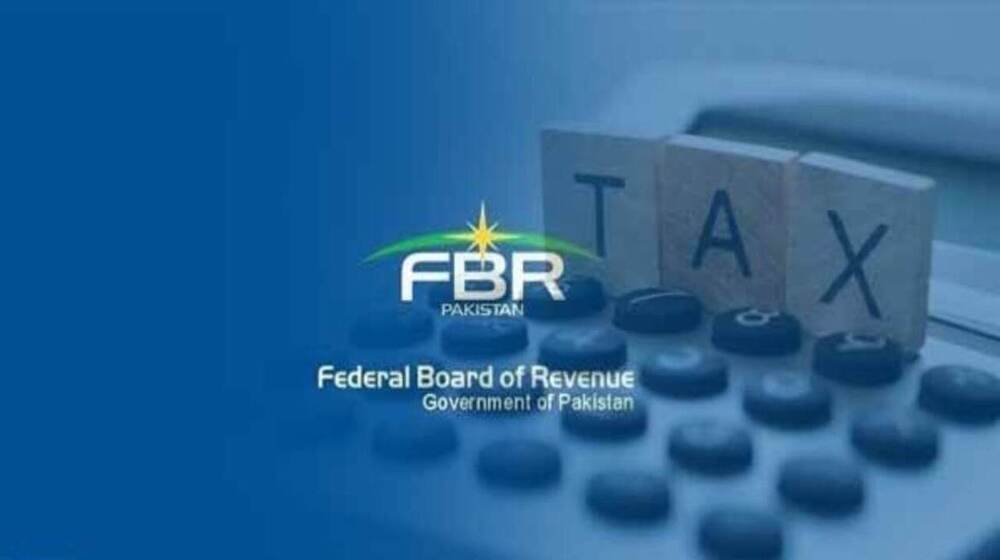Islamabad: On Sunday, Pakistan’s Finance Minister Muhammad Aurangzeb said the country was very confident of getting a new funding program from the International Monetary Fund (IMF). This optimism came after Pakistan passed its annual fiscal budget, an important procedure as the country seeks a bailout package to support its poor economy.
The South Asian country, dealing with economic problems that the COVID-19 crisis only worsened, is seeking a loan of $6-8 billion from the IMF. This plan aims at averting a probable debt crisis and bringing Pakistan on a more sustainable economic growth path, one of the slowest in South Asia. At a press conference, the finance minister Aurangzeb maintained that the government is keen to secure the next IMF program which is crucial for Pakistan’s economic stability. Speaking to local broadcaster Geo News, Aurangzeb said: “We are taking it forward; it is inevitable.
I’m very optimistic that we’ll be able to take it through to the finish line for an Extended Fund Programme, which is going to be larger and longer.”Pakistan’s parliament has recently approved the government’s tax-intensive finance bill for the next fiscal year, which is a major legislative development in the country’s quest for change. In April, Pakistan was able to complete a short-term $3bn IMF program which gave temporary respite against sovereign default risk. The forthcoming negotiations with the IMF are expected to revolve around fiscal measures that Pakistan intends to adopt to reignite its economy, contain fiscal deficits, and achieve sustainable economic growth.
The future Extended Fund Programme, therefore, is expected to act as a crucial tool for Pakistan’s economic management to protect and develop its economy with international financial assistance. The successful negotiation of a relatively sound IMF program could help not only to avoid immediate financial dangers but also to promote the further strengthening of investor confidence in Pakistan.



















